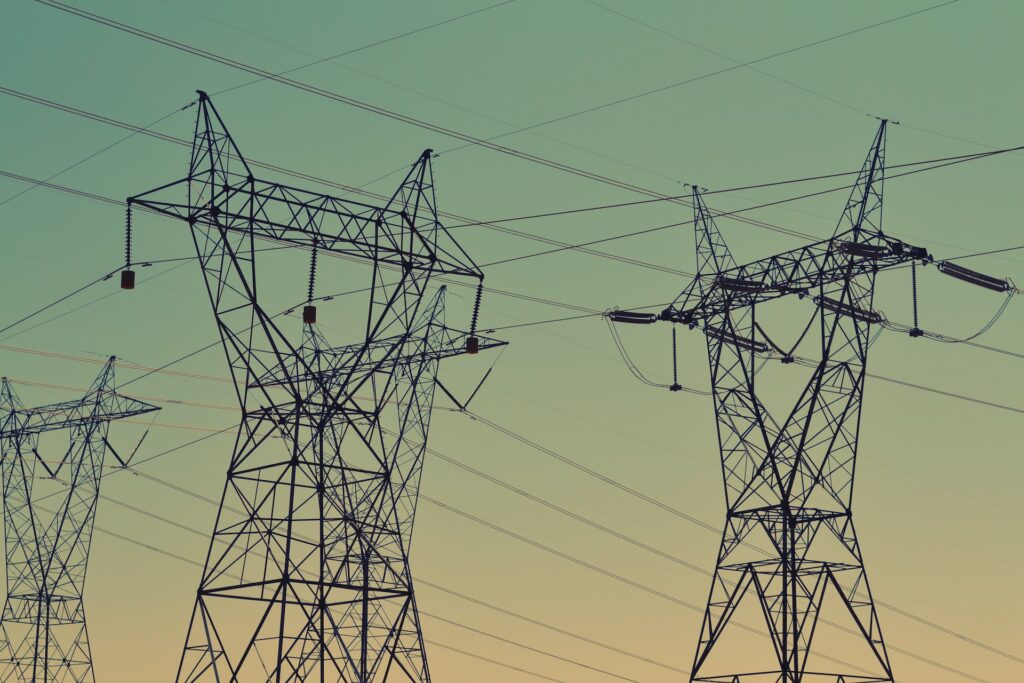Cities are for people: towards a new conception of public spaces

Contemporary urban planning seeks a more inclusive approach towards cities, with room for new kinds of vehicles and a biggger focus on pedestrians
Are air taxis the future of urban transport?

Are air taxis the future of public transport in our smart cities? In this post, we analyze the advantages and challenges of this type of urban transport.
The Shard, the building at the forefront of innovative construction in London

The unique silhouette of The Shard, London’s tallest skyscraper did not just happen by chance. The spire-like structure overlooking the Thames has its own special story. It is not just any building, but rather a compendium of efforts driven by innovation in construction.
Can good urban planning reduce obesity?

One of the key aspects for maintaining a healthy lifestyle is moderate exercise. A brisk walk falls within this category, but do cities offer environments that are sufficiently pleasant to promote healthy activities and prevent obesity among their residents?
Sydney Opera House: some interesting facts about its architecture

Famous worldwide, the Opera House was included on the UNESCO World Heritage List in 2007. Below are a few interesting facts about this opera house. Why was it built? How was it built? And who was or were responsible for such an iconic project?
Woven City: when car manufacturers design smart cities

Spearheaded by Toyota, Woven City will be a new city in Japan pioneering new ideas and concepts in one of the world’s most densely populated countries.
Exercise and urban gyms: the solution for staying fit in cities

Urban gyms have reemerged. A network of infrastructures that cities implement heterogeneously through parks, specific facilities or by designing infrastructures that favor activity.
How can cities help visually impaired people?

According to the WHO, around 1.3 billion people in the world are affected by some form of visual impairment. Given that an increasing number of people are living in cities, it seems logical to facilitate the lives of people living with visual impairments through accessibility.
Are power grids ready for zero-emission mobility?

Are power grids ready for mobility without emissions? How we are preparing for a Zero Emissions world? Is there any risk of blackouts?
Columbus, the smart city leading by example

Much has been written about smart cities and great ideas which, very often, stay at just that, ideas. In the case of Columbus, the capital of Ohio, its smart strategy can be measured with specific results showing how technology is the best way of achieving social and environmental well-being.